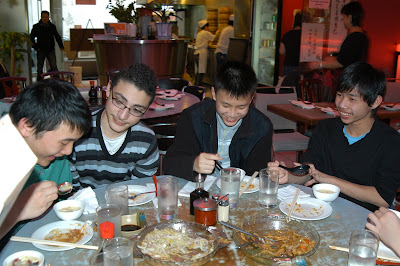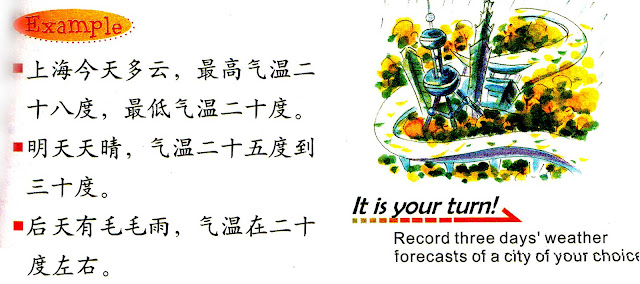中国春节就快到了, 我们即将开始学习跟春节有关的习俗.关于中国的春节 , 第一个要知道的就是十二只代表每个中国年的动物, 我们一般叫 "十二生肖 ".
It will soon be Chinese New Year and so we're going to be studying the festival in class. One of the first things to know about Chinese New Year is the signs of the Zodiac which are used in sequence to name each year. This year is the year of the Tiger. They're all below!
Also you can ask someone's age in Chinese without offending them by using "你属什么?" instead of "你几岁?"
The first activity for Chinese New Year is to answer the questions below
- 你家买不买年货
- 买什么年货
- 平常都是谁买年货
- 去哪里买
如果你家不买年货不过中国新年,请写下一般中国人是如何庆祝中国新年?过年时他们有什么传统chuántǒng tradition / 习俗xísú custom?他们会做什么特别tèbié special 的事?吃什么特别的食物shíwù /food?這些習俗跟你自己国家的节日,比如聖誕节有什么相同和不同的地方?



















.jpg)





















